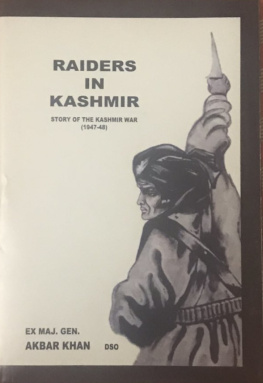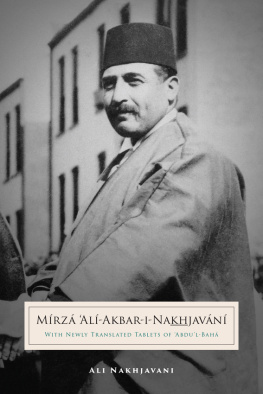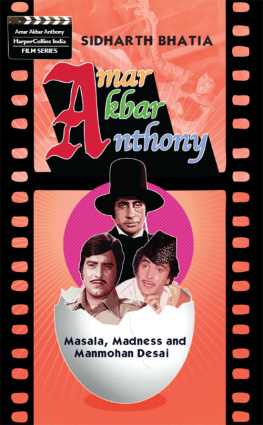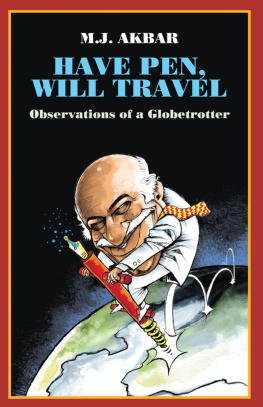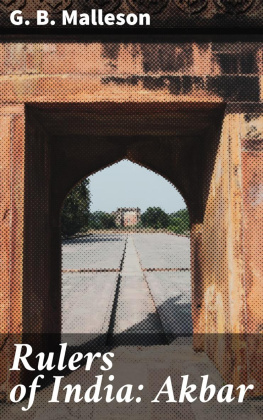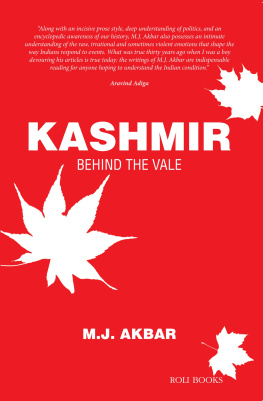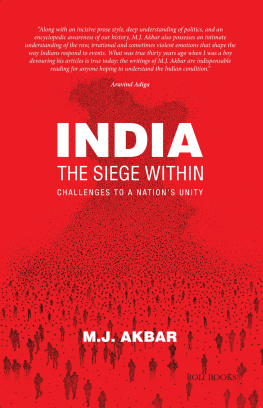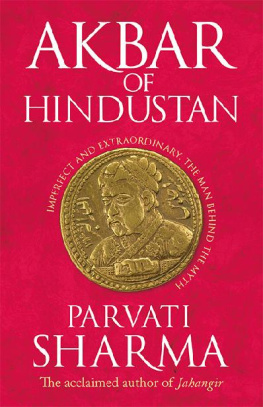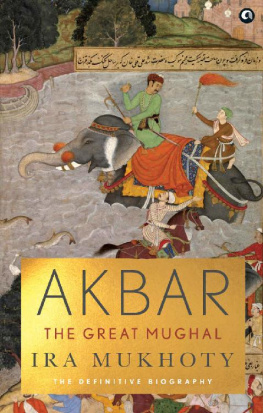Akbar Khan - Raiders in Kashmir
Here you can read online Akbar Khan - Raiders in Kashmir full text of the book (entire story) in english for free. Download pdf and epub, get meaning, cover and reviews about this ebook. publisher: Rebus Publishing House, Srinagar - Kashmir, genre: Politics. Description of the work, (preface) as well as reviews are available. Best literature library LitArk.com created for fans of good reading and offers a wide selection of genres:
Romance novel
Science fiction
Adventure
Detective
Science
History
Home and family
Prose
Art
Politics
Computer
Non-fiction
Religion
Business
Children
Humor
Choose a favorite category and find really read worthwhile books. Enjoy immersion in the world of imagination, feel the emotions of the characters or learn something new for yourself, make an fascinating discovery.
- Book:Raiders in Kashmir
- Author:
- Publisher:Rebus Publishing House, Srinagar - Kashmir
- Genre:
- Rating:4 / 5
- Favourites:Add to favourites
- Your mark:
- 80
- 1
- 2
- 3
- 4
- 5
Raiders in Kashmir: summary, description and annotation
We offer to read an annotation, description, summary or preface (depends on what the author of the book "Raiders in Kashmir" wrote himself). If you haven't found the necessary information about the book — write in the comments, we will try to find it.
Raiders in Kashmir — read online for free the complete book (whole text) full work
Below is the text of the book, divided by pages. System saving the place of the last page read, allows you to conveniently read the book "Raiders in Kashmir" online for free, without having to search again every time where you left off. Put a bookmark, and you can go to the page where you finished reading at any time.
Font size:
Interval:
Bookmark:
Ex. Maj. Gen. AKBAR KHAN D. S. O.
REBUS PUBLISHING HOUSE SRINAGARKASHMIR
Printed by:
Arya Offset Press
Daya Basti
Delhi-110035
RAIDERS IN KASHMIR
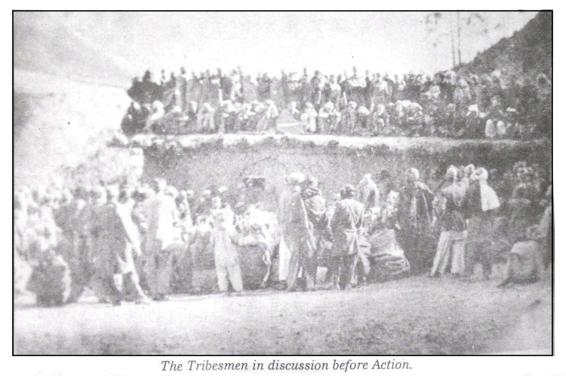
And call not dead those who are killed in the way of God. Nay, they are living, only ye perceive not.
The Holy Quran
Nehru called us raiders. He did so in a derogatory sense. But what he did not know was that raiding is, nowadays, an accepted and very highly developed branch of the art of war. Aircraft, commandos, guerillas, motorised infantry, tank cum artillery groups, submarines, and even gentlemen of the cloak and dagger tradition are all increasingly used for hit and run tactics to achieve the objects of war.
So we can, I think, without indignity, retain the name raidersparticularly so when the fighting technique of the Frontier tribesman does, in the military sense, make him indeed a very competent and daring type of raider.
Besides, as raiders, we may perhaps also qualify for sitting in that distinguished gallery of personalities like Chingiz Khan, Timur Lang, Mahmud of Ghazni and even Alexander, whom some historians called raiders.
This book, being only a personal account and not a detailed history of the Kashmir war, is limited in scope with regard to the area, the period and the events that it covers. Even so, the reader will, I hope, get a birds eye view of the war and the problem as a whole.
Chapter eighteen, How to Liberate Kashmir now, covers the period after the cease-fire, and reflections on the future course. The last chapter is added to give a historical sketch of the Tribesmen.
My grateful appreciation is offered to those who have helped me in a number of ways and to those from whom I have quoted here.
AKBAR KHAN
To that indomitable spirit which forever makes man rise for freedom and justice
MAPS
SKETCHES
PHOTOGRAPHS
CONTENTS

For centuries in the bazaars of Peshawar city the art of story-telling has been practised, and there I have listened many times, spellbound, to masters of the art. Yet coming to this story I find I am not much of a story-teller myself. I dont rightly know how and where to start. So I will begin where I saw them first when from out of a deep mist, in the valley of Kashmir, began to emerge figures that looked larger than life-size and moved effortlessly like the panther.
These were the raiders. In silence they crept forward, carefully but with ease, in the dark, across broken ground and fields, to close in upon the enemy.
It was midnight on 29 October 1947. Having penetrated into the State at lightning speed, 115 miles in five days, they were now just four miles from Srinagar, within sight of its twinkling lights.
Thirty miles behind them was Baramula, sacked three days earlier, where out of 14,000 only 3,000 were said to have survived. The Maharajah had fled from Srinagar, reporting to India that wild forces, let loose on the State, were marching on with the aim of capturing Srinagar as a first step to overrunning the whole State. At Delhi, V.P. Menon, advising military aid for Kashmir and remembering eight centuries of invasion from the north and the seventeen incursions of Mahmud of Ghazni, had thought, Srinagar today, Delhi tomorrow.
Thus, Indian troops had been flown in the next day and, assisted by fighter aircraft and artillery, they had immediately advanced to meet the raiders, but had been thrown back in confusion and their commander Colonel Rai killed. Now, near Srinagar at the fourth milestone, across the raiders path lay a road-block guarded by machine-gun fire sweeping the frontand supported by artillery fire from further behind.
As the raiders moved forward they started encountering more and more of the perennial water that surrounds Srinagarwater from river, lake and rains all contributing. They found themselves converging on the main road because of this water and ultimately it looked as if the only way left to deal with the obstacle was to go for it straight down the road.
What had brought the tribesmen into Kashmir? It was the deep concern they had felt and shared with all other Muslims about the future of the State.
Less than four months earlier, on 15 August 1947, the sub-continent of India had achieved independence and two new States, Pakistan and India, had come into existence as autonomous dominions within the British Commonwealth. Although on that day the British Government had relinquished all authority in the sub-continent, the two new governments still could not immediately exercise their powers in full over the whole area, because within the 400 million people and 1,777,438 square miles of old India, there had existed some 568 odd Princely States some of which had not yet declared their accession to either dominion.
These Princely States had been given the right to decide for themselves which of the two dominions they would join. Since they could not remain independent, it had been generally expected that they would make their decisions by the date of partition or soon afterwards. Most of them in fact did soand some that remained, were geographically so enclosed within the area of one or the other dominion that their accession to the relevant dominion was considered only a matter of form. Among those still remaining undecided, the most important was Kashmirthe second largest of the Princely States, and one whose geographical location was of significance to the whole sub-continent as not only was it contiguous with Pakistan and India but on its north just a thin strip of Afghanistan separated it from the Soviet Union. It also had a common border with China.
Since the British declaration about the forthcoming partition, we had assumed that Kashmir would naturally join Pakistan. In fact the very concept of Pakistan had included it as an integral part, the letter K in the name Pakistan standing for Kashmir. The sub-continent was to be divided on the basis of a Muslim majority area for Pakistan and a non-Muslim majority area for India. Kashmir had to be in Pakistan because three/fourths of its four million inhabitants were Muslims, and its territory of 84,500 square miles had no effective road, river or rail links, nor direct economic ties, with India.
The assumption, therefore, had been that the people of Kashmir would, without hesitation, wish to join Pakistan. But their non-Muslim Ruler, the Maharajah, in whose hands the decision lay, had shown no sign of making an early decision. Thus, some weeks after the British declaration, and a few days before actual partition, while the Quaid-e-Azam, the Founder and Governor-General designate of Pakistan, was still in Delhi, a large delegation had arrived at his house one afternoon to. convey' to him its apprehensions about the future of Kashmir. I had gone there along with other members of the Armed Forces Partition Sub-Committee. That the Maharajah, a non-Muslim, wished to avoid accession to Pakistan had been obvious, but now the fear was that his hands were likely to be strengthened also by Sheikh Abdullah, a Muslim leader of Kashmir, hero of the Indian National Freedom Movement, who had previously opposed the conception of Pakistan. The Quaid-e-Azam had, however, assured the delegation that he felt confident that the opinion of two persons alone could not distort the future of the whole State. Firstly, he explained, the idea of Pakistan had swept over Kashmir as it had over the rest of India and thus in spite of Sheikh Abdullah, the Kashmiri Muslims would want to join Pakistanand secondly. Kashmir had geographically no choice but to join us.
Font size:
Interval:
Bookmark:
Similar books «Raiders in Kashmir»
Look at similar books to Raiders in Kashmir. We have selected literature similar in name and meaning in the hope of providing readers with more options to find new, interesting, not yet read works.
Discussion, reviews of the book Raiders in Kashmir and just readers' own opinions. Leave your comments, write what you think about the work, its meaning or the main characters. Specify what exactly you liked and what you didn't like, and why you think so.

